Classical CDs Weekly: Prokofiev, Schubert, Zemlinsky

Blistering piano concertos, emotionally draining chamber music and a pair of late-romantic symphonies

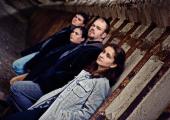
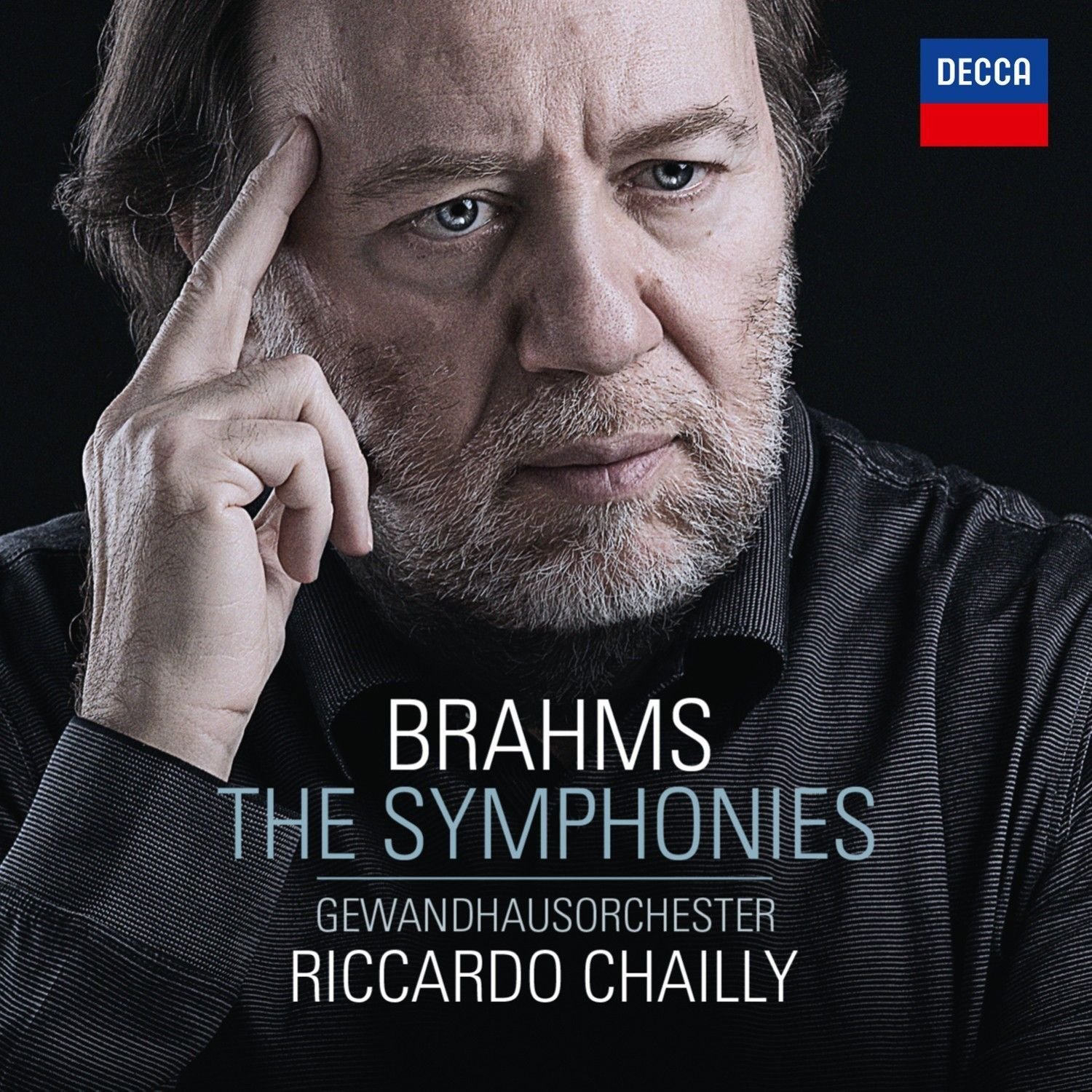
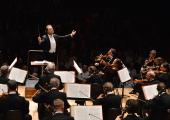
For the Leipzig Gewandhaus Orchestra’s second residency at the Barbican Centre Riccardo Chailly pulled focus on an entirely new sounding Brahms. Gone were all those bad performance practices, bad habits, from the early 20th century, gone was the lingering romanticism, the willful soupiness, and in with a vengeance came a classical rigour, a lean and hungry vitality.
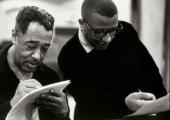
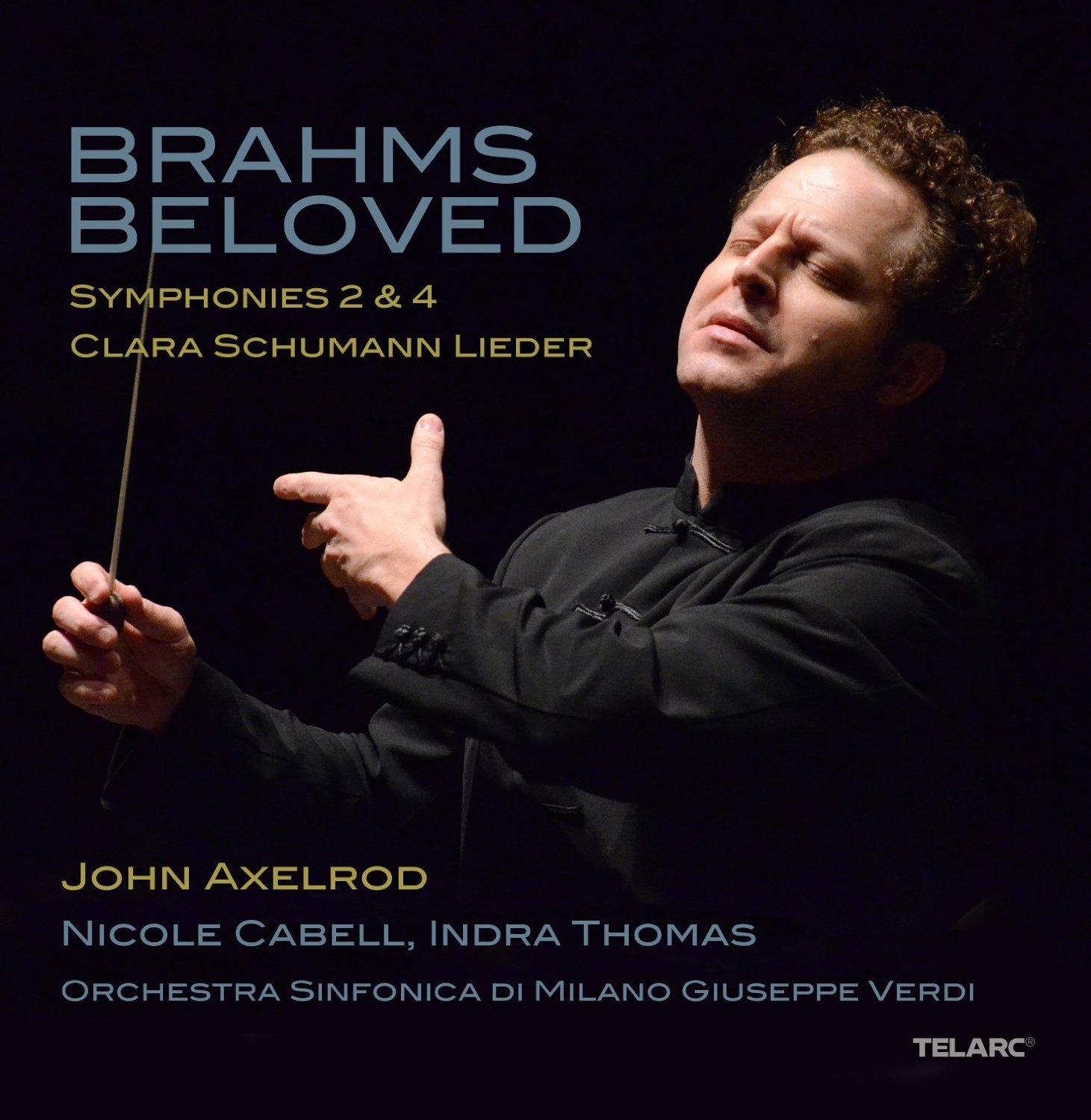
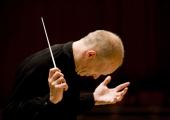
It’s the Royal Northern Sinfonia now, the Queen having bestowed the prefix earlier this year. Programming two Requiem settings in the opening concert of their 2013-14 season seemed on paper a little strange, but the main work was Brahms’s A German Requiem, one of the more upbeat, if unconventional works to bear the title. Odd that some of the most heartfelt sacred music has been written by composers whose religious faith has never seemed their strong point; you think of choral music by Vaughan Williams and Britten.
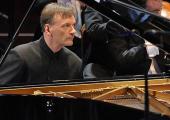
They did it, and continue to do it, their way. Under the self-confident title of The Mancunian Way, the BBC Philharmonic’s new season aims to celebrate the story of music-making in the city through works, composers and performers with special links to Manchester. There is much to celebrate, not least nowadays the spirit of collaboration between the musical strongholds in the city, where it is entirely possible to carve out a total career from childhood to professional fulfilment.
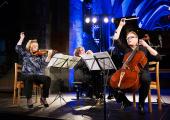
Three great pianists, one of the world’s top clarinettists and two fine string players in a single concert: it’s what you might expect from a chamber music festival at the highest level. What I wasn’t anticipating on the first evening in Stavanger was to move from the wonderful cathedral to an old labour club up the hill, now a student venue with two halls, for a late-night cabaret and hear five more remarkable performers.
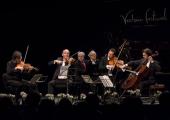
The moment when Alfred Brendel shuffled on stage during the Verbier Festival’s 20th Anniversary Concert not to play, but to turn pages for long-time colleague Emmanuel Ax, expressed everything that is so special, so extraordinary about this festival. Walking off together, arms around each other’s shoulders, these were not just international soloists, they were two great old men and two even greater musicians.

On most of her London visits, Elisabeth Leonskaja has been an unassuming high priestess of the mysteries and depths in core sonatas by Beethoven, Chopin and Schubert. This time she applied her Russian-school style of orchestral pianism, tempered as always by absolute clarity, to burning the mists off Ravel, Debussy and the French-inspired Romanian, Enescu. She went on to give us colossal enlightenment in what must be the greatest work ever composed by a 19-year-old, Brahms’s Third Piano Sonata in F minor.
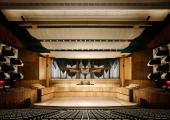
With the cuts still to bite deep, it's enterprising business as usual for both of London’s biggest concert-hall complexes and their satellite orchestras in the newly announced season to come. I use the word "complex" carefully, because as from September, the Barbican Centre, which already has access to LSO St Luke's up the road, will also be using the 608-seater hall constructed as part of its neighbouring Guildhall School of Music and Drama’s Milton Court development.